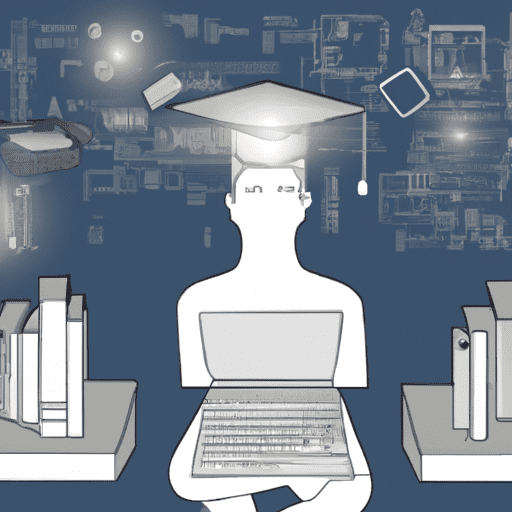How Remote Learning is Transforming Education: Examining the Benefits and Challenges of Virtual Education
The world of education is undergoing a dramatic transformation due to the emergence of remote learning. This new form of education, which is conducted entirely online, has the potential to revolutionize the way students learn and the way teachers teach. While remote learning offers many benefits, it also presents some challenges that must be addressed. In this article, we will examine the benefits and challenges of virtual education and discuss how remote learning is transforming education.
One of the primary benefits of remote learning is its accessibility. With remote learning, students can access educational materials from anywhere in the world, as long as they have an internet connection. This makes it possible for students to learn from the comfort of their own homes, or even while traveling. Additionally, remote learning can be tailored to the individual needs of each student, allowing them to learn at their own pace and in their own way.
Another benefit of remote learning is its cost-effectiveness. Traditional education can be expensive, but remote learning eliminates many of the costs associated with traditional education, such as transportation and textbooks. Additionally, remote learning can be more efficient, as students can access educational materials at any time and from any location.
Despite the many benefits of remote learning, there are also some challenges that must be addressed. One of the primary challenges is the lack of face-to-face interaction between students and teachers. This can make it difficult for students to ask questions and receive feedback in a timely manner. Additionally, remote learning can be isolating for some students, as they may not have the same level of social interaction as they would in a traditional classroom setting.
Finally, there is the issue of technology. Remote learning requires reliable internet access and the use of technology,
Exploring the Impact of Remote Learning on Student Engagement and Outcomes: What the Future Holds for Education
The COVID-19 pandemic has forced educational institutions around the world to rapidly transition to remote learning. While this shift has enabled students to continue their education, it has also raised questions about the impact of remote learning on student engagement and outcomes. In this article, we will explore the current state of remote learning, its potential impact on student engagement and outcomes, and what the future holds for education.
The current state of remote learning is characterized by a wide range of approaches. Some schools have adopted a fully online model, while others have opted for a hybrid approach that combines online and in-person instruction. Regardless of the approach, the transition to remote learning has been challenging for both students and educators. Students have had to adjust to a new learning environment, while educators have had to quickly develop and implement new teaching strategies.
Despite the challenges, there is evidence that remote learning can be effective. Studies have shown that students can be just as engaged in remote learning as they are in traditional classroom settings. Additionally, research suggests that remote learning can lead to improved student outcomes, such as increased academic performance and improved test scores.
However, there are still many unanswered questions about the long-term impact of remote learning. For example, it is unclear how remote learning will affect student engagement and outcomes in the future. Additionally, there is a need for further research into the effectiveness of different remote learning approaches.
The future of education is uncertain, but it is clear that remote learning will continue to play an important role. As technology advances, remote learning will become increasingly accessible and effective. Schools will need to develop strategies to ensure that students remain engaged and that outcomes are not compromised. Additionally, educators will need to continue to
Bir önceki yazımız olan Economic Impact of Global Warming başlıklı makalemizi de okumanızı öneririz.